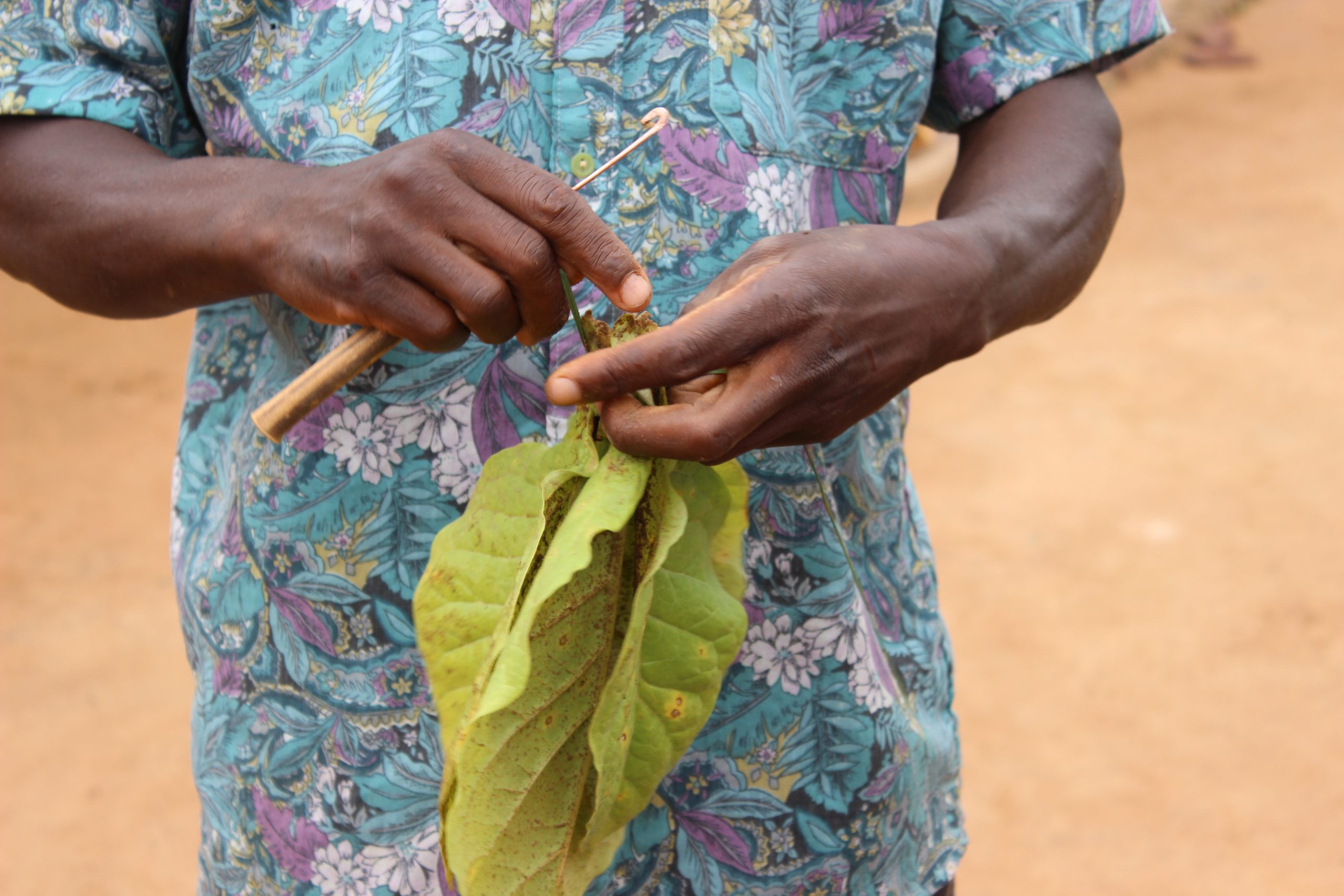
The EU is preparing a due diligence law by June 2021, to hold companies accountable for their impact on people and the planet. There is an urgent need to acknowledge and address the human rights violations, child labour, environmental impact and disinformation of the tobacco industry.
NGOs from Bangladesh, Germany and Sweden raise awareness about tobacco as a threat to a sustainable future in EURACTIV.
Future of the tobacco industry. Smoking prevalence is declining in many countries, as a result of tobacco control and health awareness, but tobacco is still the biggest cause of preventable death and disease in the world.
The tobacco industry is expanding their cigarette market in countries with weaker regulation, while launching a wide range of new products, such as heated tobacco products, e-cigarettes, and oral nicotine pouches, to attract customers in countries where cigarette sales are falling.
The industry proclaims these products can help smokers quit cigarettes, and contribute to a smoke-free future. The product development and marketing efforts of the tobacco industry must be recognized for what they truly are – strategies designed to secure future tobacco profits, and not to promote global health.
Nicotine without tobacco? Despite the fact that basically all commercial nicotine is extracted from tobacco, e-cigarettes and nicotine pouches are broadly marketed as tobacco-free.
This strategy has enabled companies to portray these products as less harmful alternatives to cigarettes, while simultaneously circumventing national legislations regulating tobacco products. In many countries some of these new products exist in a legal loophole and are exempted from rules on marketing, taxation, age limits, sales permits and so on.
The tobacco industry´s “harm-reduction approach” is simply a cover to hide and at the same time support their unethical core business – to maintain and initiate nicotine addiction.
Harm-reduction? The harm-reduction agenda is not only stalling necessary efforts to promote public health, but also a fair and sustainable development. The marketing of “tobacco-free” products diverts attention from the harms of tobacco production – which counteracts all 17 of the Sustainable Development Goals (SDG:s).
Tobacco farmers perform extremely hazardous work and rarely receive income sufficient for livelihood. In tobacco-producing countries like Bangladesh, children are forced to help their parents and are deprived of their right to health, education, leisure and development.
Globally an estimated number of 1,3 million children under the age of 14 work with tobacco. Moreover, tobacco farming causes massive deforestation and pollution. The ecological footprint of the tobacco industry is almost twice as big as that of Sweden.
Cigarette butts are the most littered item in the world, releasing toxins and tons of plastic into nature. The wide array of negative effects of the tobacco industry invalidates all arguments motivating “special treatment” of some products in policies or investments.
Smoke-free does not suffice. The tobacco industry will never voluntarily eradicate all sustainability problems within its supply chains – business as usual is too profitable. And even if only the health effects of tobacco are considered, the industry will never have a place in a sustainable future.
Tobacco companies depict smoking and the burning of tobacco as the sole biggest problem, with the intention to disguise the severe health effects of nicotine – the common substance of all their products.
A substantial amount of studies prove that, apart from being extremely addictive, nicotine impairs cognitive functions and increases risk of mental illness; type 2-diabetes, cardiovascular disease, birth defects and other addictions.
Children are especially vulnerable and risk long-term complications. The scientific evidence emphasizes the need to prevent all forms of nicotine addiction.
A tobacco-free generation. WHO:s Framework Convention on Tobacco Control (FCTC) urges all countries to phase out all tobacco products (products entirely or partly made of the leaf tobacco) and exclude tobacco industry influence from public health policy.
In light of the current disinformation and lobbying of the tobacco industry, these guidelines have never been more important. The industry is misleading consumers, investors and policy makers about its true intentions; to lure youth into a lifetime of addiction. Nine out of ten tobacco users start when they are teenagers.
By the use of candy-like flavours and influencer-marketing in social media, the new nicotine products are undoubtedly made to attract minors. As long as there is legal space the industry will target every young generation, and continue to exploit both human and natural resources.
To protect the health of the world´s young population and achieve the SDG:s by 2030, A Non Smoking Generation, UBINIG, and Unfairtobacco, urge international institutions to:
- Support the implementation of WHO:s FCTC worldwide
- Exclude the influence of tobacco-related actors from policy making
- Exclude tobacco-related actors from investment portfolios and pension funds
- Support a strong EU Due Diligance Law holding companies accountable for human rights violations and environmental impact
- Support efforts to raise awareness about tobacco and the SDG:s
Helen Stjerna, Secretary-General A Non Smoking Generation, Sweden
Farida Akhter, Executive Director UBINIG, Bangladesh
Sonja von Eichborn, Director Unfairtobacco, Germany
